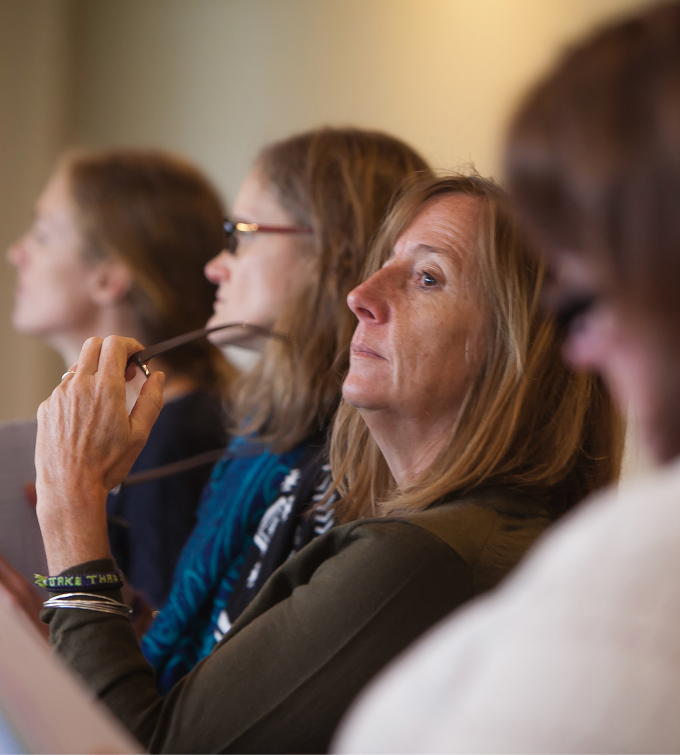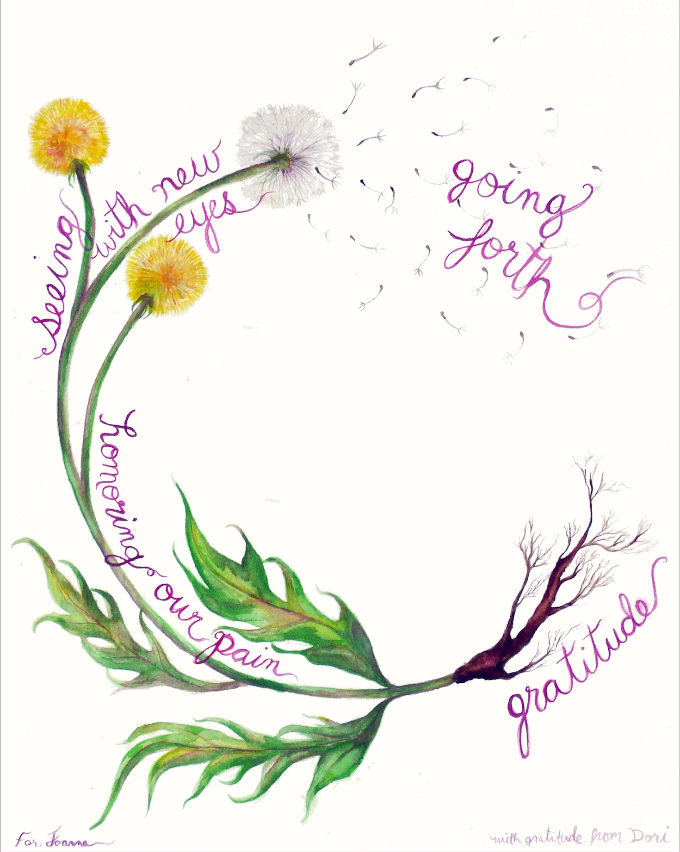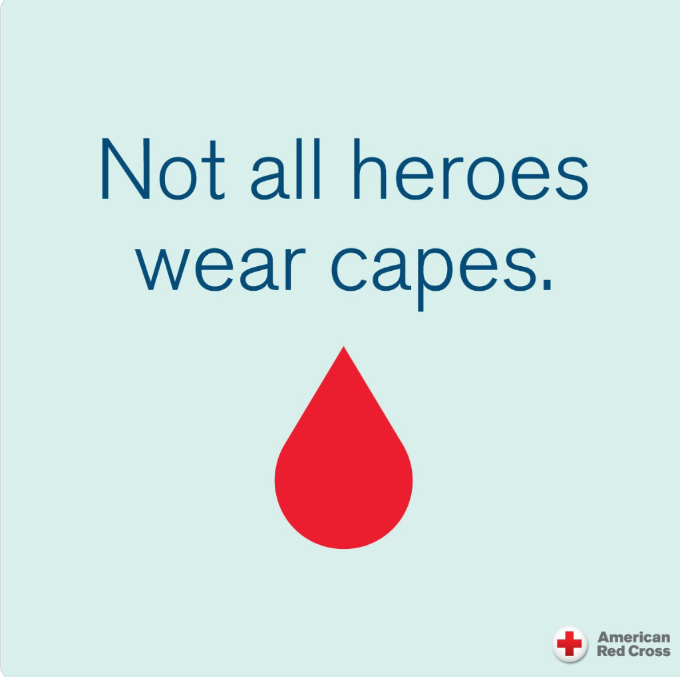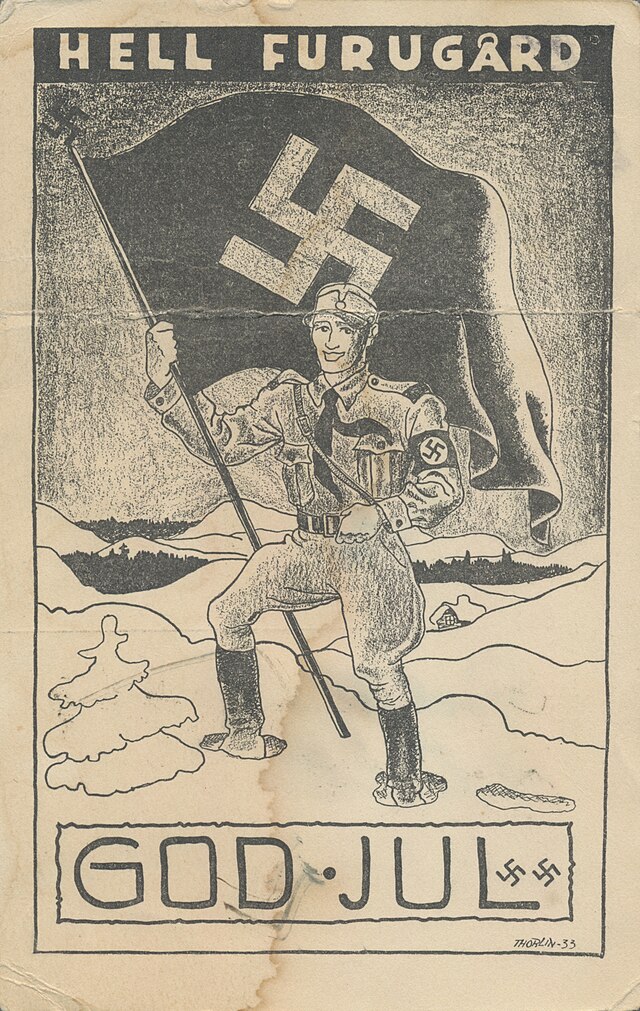August 8, 2025
Civics
What if they gave a war and nobody came?
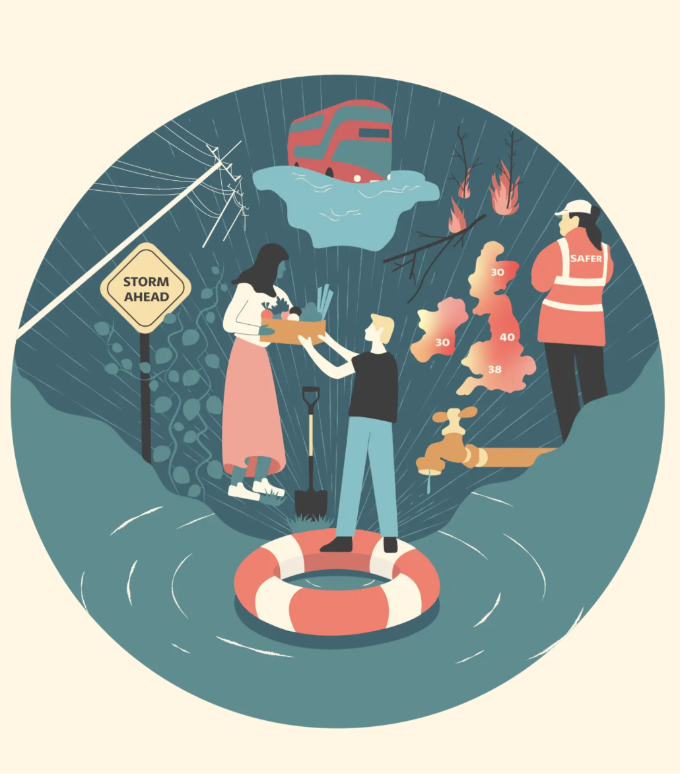
Image via SAFER, Strategic Adaption for Emergency Resilience
Billions now see that our political and economic systems can’t stop the climate chaos already underway. Richard Heinberg, Senior Fellow at the Post Carbon Institute, says this is a moment for people to drop their "us vs. them" attitudes, because we share these risks. It would be harder to stoke homicidal zeal, he says, if everyone understood that behind all our hostilities is the simple, though stark, reality that humanity faces climate change and resource depletion.
Since World War II, the U.S. has dominated global politics and economics. But it now faces signs of imperial decline: resource exhaustion, mounting debt, deepening inequality, and growing international backlash.
Accelerating climate change (global temperatures are already up 1.6°C), biodiversity loss, and looming fossil fuel depletion are likely to trigger mass displacement and economic contraction—conditions historically linked to conflict.
Societies are also increasingly polarized—economically, racially, and ideologically. In the U.S., this divide is deepening, with rising authoritarianism, civil unrest, and social media dynamics making the situation worse.
But rather than take sides or dehumanize others, Heinberg suggests that we recognize our shared vulnerability. One way to do this, he says, is to acknowledge ecological limits, limits we all share, and learn to extend empathy—even to adversaries.
Conflict may be hard to avoid, he says. But we can reduce suffering by helping more people understand the deeper environmental and resource pressures behind today’s divisions.
"We humans also have more things to fight over than do other animals, thanks to language. Religion, money, trade, and political ideologies all derive from our talent for symbolic communication, and all provide justifications for organized mayhem."
"Today, it would be harder to stoke homicidal zeal if everyone understood that behind all our hostilities is the simple, though stark, reality that humanity faces climate change and resource depletion, and that living space is likely to become more constricted. Widespread acceptance of that framing might inspire efforts to share what’s left peacefully while reducing the consumption of the richest nations and individuals."
ARTICLE: Let's (Not) Choose Sides and Fight
RELATED ARTICLE: Depolarisation and Adaptation Create Serious Change Together
